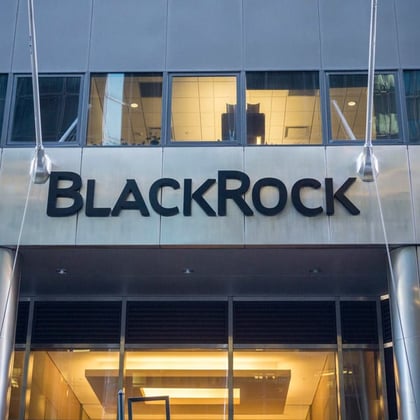What You Need to Know
- China moves out of the emerging market category, where it has been for years despite its strong economic growth.
- BlackRock has downgraded U.S. and U.K. equities and upgraded European and Japanese stocks.
- It also favors inflation-linked Treasuries over traditional Treasuries and stocks over corporate debt.
BlackRock has broken away from most other asset managers by declaring China a standalone allocation apart from the emerging market category, where it has been for years despite being the world’s second-largest economy with a growth rate well above that of most countries.
But BlackRock is not moving China into the developed market category yet.
“We recognize that China has moved further ahead in this restart [of the global economy] — way faster than Europe, Japan and the U.S,” said Wei Li, global chief investment strategist at the BlackRock Investment Institute. She also noted a “quality revolution” taking place in China that focuses more on the quality of growth rather than the quantity [speed] of growth, along with a government anti-monopoly clampdown.
“We recognize this is a starting point for international investors when it comes to their ownership of Chinese assets, which is currently extremely low,” Wei said.
BlackRock is neutral on Chinese equities in its tactical outlook for the next six to 12 months but overweight on Chinese equities on a strategic basis, looking out five years or more. Wei said BlackRock could become more positive on its Chinese equities if the government signals easy monetary policy to address the recent economic slowdown and provides greater clarity regarding its anti-monopoly clampdown.
As part of the clampdown, the Chinese government has strengthened anti-monopoly regulations and intensified scrutiny of dozens of domestic internet companies, including Alibaba Group Holding, which was fined $2.75 billion.
U.S. and U.K. Equities Downgraded, Europe and Japan Upgraded
While BlackRock has essentially upgraded its outlook for China, it has downgraded its tactical outlook for U.S. and U.K. equities from overweight to neutral and upgraded its tactical outlook for Europe from neutral to overweight and for Japan, from underweight to neutral. It has also downgraded emerging markets equities and bonds from overweight to neutral.
These changes largely reflect where the countries are in the trajectory of the current economic restart fueled by the widening distribution of COVID-19 vaccines and economic reopening.









 July 07, 2021 at 04:46 PM
July 07, 2021 at 04:46 PM











